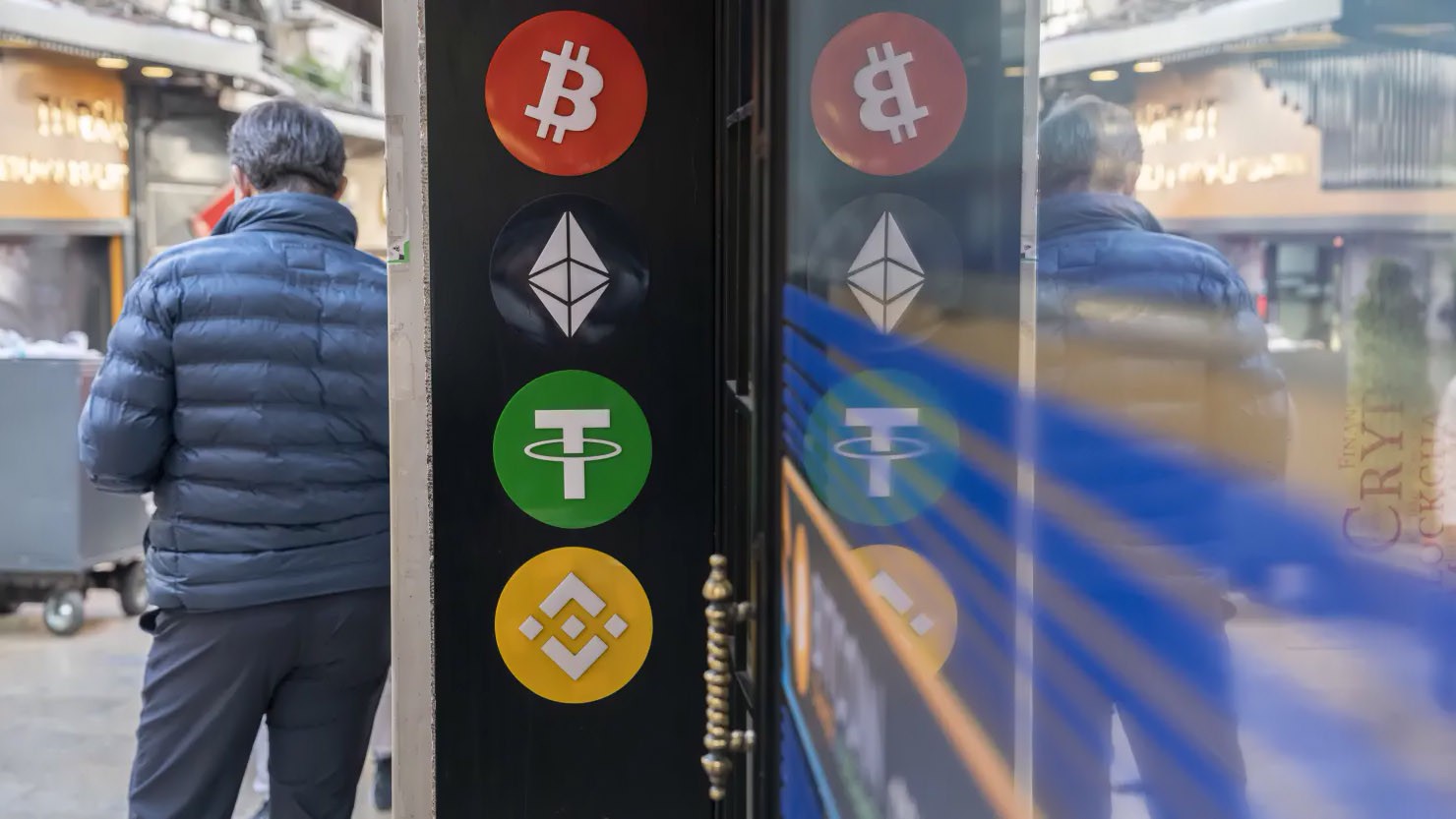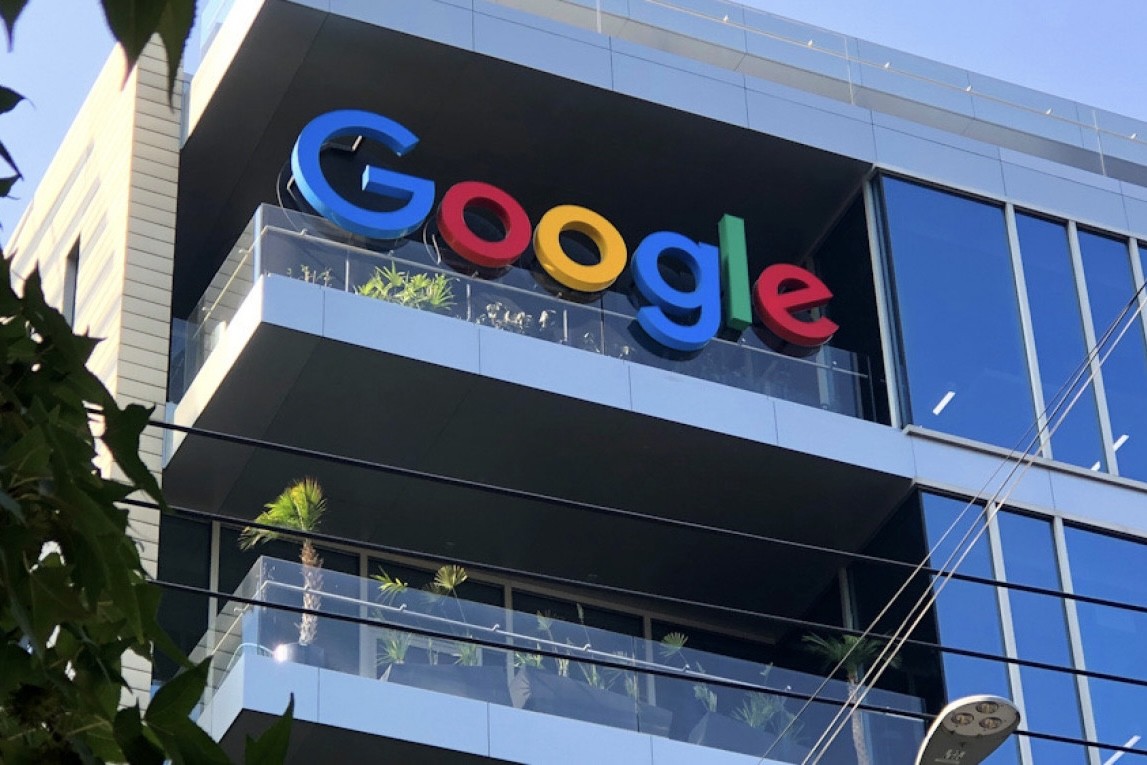The Max messenger, developed as a domestic alternative to foreign communication platforms, failed to pass the verification of compliance with information security requirements by the Federal Security Service of Russia. In its current form, the application is recognized as not providing an adequate level of personal data protection, which prevents it from connecting to the Unified Identification and Authentication System (USIA), a key tool for authorizing citizens on the Public services portal and other digital services of government agencies.
This issue was considered at a meeting of the presidium of the Government Commission on Digital Development. Following the discussion, the FSB sent the developer — VK-a list of comments and mandatory improvements. The requirements include creating a full-fledged threat model, using certified cryptographic tools of a certain class, providing a secure communication channel with the ESIA, as well as signing contracts with licensed organizations in the field of technical and export control. It may also be necessary to transfer the source code for conducting a deep audit by the special services.
At the same time, the Max messenger continues to evolve as a digital tool of federal significance. From September 1, its pre-installation will be mandatory on all new smartphones supplied to the Russian market. The interface of the platform largely repeats the visual solutions of popular instant messengers, and Public Services, digital signature support, and basic communication functions are already integrated into the functionality.
Despite this, to date, not all privacy issues have been resolved. The app captures users ' IP addresses and geolocation data, and the privacy policy allows you to share this information with government agencies. This raises concerns from digital rights experts.
As of the end of June, the number of Max users exceeded one million. The largest concentration of registered accounts was registered in Moscow, St. Petersburg, Kazan, and Krasnodar. As part of the development of the media environment, the first commercial integration has already appeared on the platform: one of the well-known designers placed advertising publications in the messenger channel, thereby indicating business interest in the new digital channel.
Despite the difficult regulatory situation, the project continues to move towards the implementation of the status of a national messenger adapted to the infrastructure of the digital state. The success of Max will depend directly on the ability of its developers to meet regulatory requirements and ensure a high level of cybersecurity.












